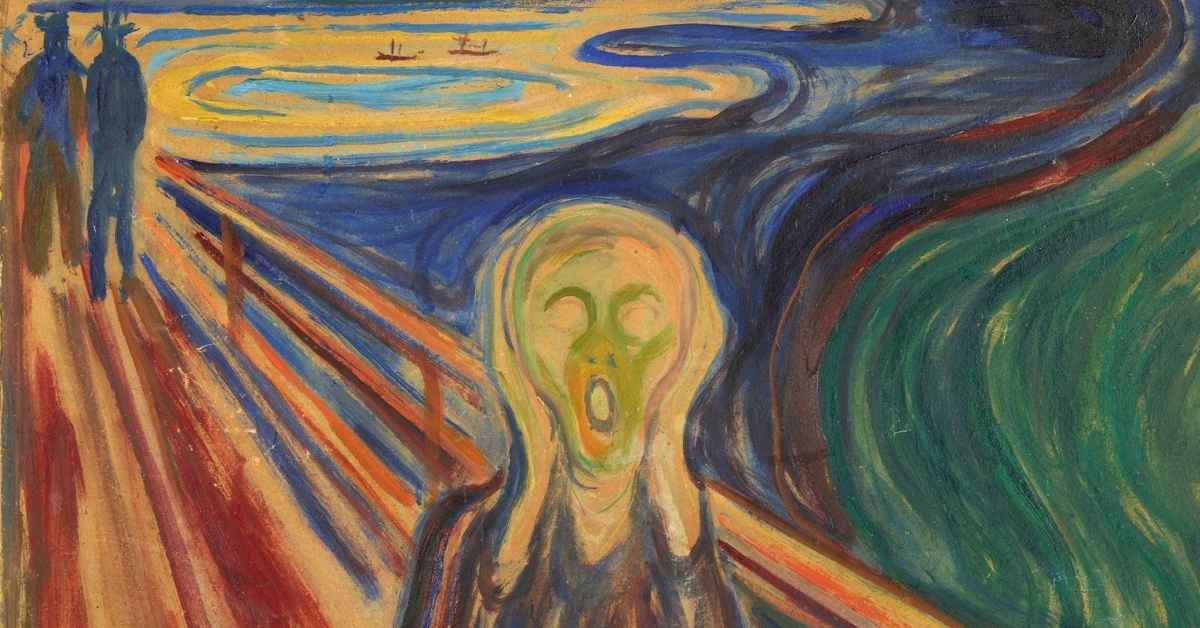In a website comment section yesterday, someone linked to this short video for me to check out, so I did. It’s only a few minutes, but it’s very much worth watching because the guy is a gifted communicator and said some seemingly wise and thoughtful things, until you really think about what he’s saying. It sounds so profound on the surface, but it’s as solid as the surface of an egg shell. I wrote a comment in reply that I thought I’d share here because it is so necessary to confront the meaning of mortality, and entropy, and the second law of thermodynamics, all of which he talks about.
This is sad, even as it is beautifully elegant deeply unfulfilling garbage. The young man thinks this is some kind of answer to our mortality, but all it does is blind him to obvious questions: Why do we die? Why is there entropy? Why is everything ephemeral and fleeting and ultimately unfulfilling? For most secularists, including Freud, and all Eastern religions, the meaning of death is the elephant in the room best left ignored. Maybe death is ultimately meaningless, maybe it doesn’t point to anything beyond itself, doesn’t come from anywhere or have any reason for being. It is, as the atheist contends, just a brute fact of the natural world. Or maybe not.
To me, no explanation required is a terrible explanation for death. It lacks explanatory power. The reason death is not a mere part of Disney’s great circle of life is that nobody in the whole of recorded history, not one single person, believed or believes that. Not one. Everyone fears death, every single one. We know in our bones death is un-natural, that death is somehow very wrong. It is the ultimate question mark of existence! We may not feel outrage at the funeral of a great grandmother, but go to the funeral of a five‑year‑old and we will feel wrongness . . . viscerally . . . deeply . . . painfully. Which worldview or religion best explains how and why we feel this way? The one that proclaims a Savior predicted for 2,000 years, who died on a Roman cross, and came back from the dead three days later, that one.
As for the desires and wonders of life he so eloquently discusses, existentialism is a recipe for disappointment. I like the argument of ex-atheist C.S. Lewis, often referred to as the argument from desire: “Creatures are not born with desires unless satisfaction for these desires exists. A baby feels hunger: well, there is such a thing as food. A duckling wants to swim: well, there is such a thing as water. Men feel sexual desire: well, there is such a thing as sex. If I find in myself a desire which no experience in this world can satisfy, the most probable explanation is that I was made for another world.”Mere Christianity by Lewis is a great start for anyone who thinks the claims of Christianity at least deserve consideration, and who can see through the shallow pretensions of existentialism.


Recent Comments